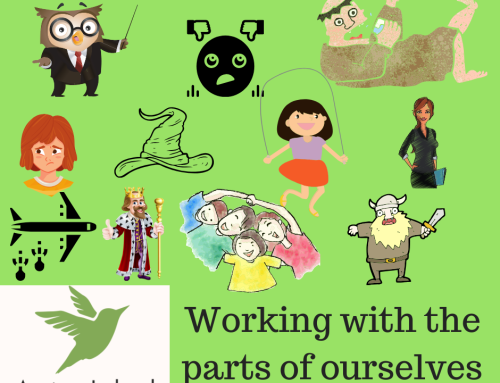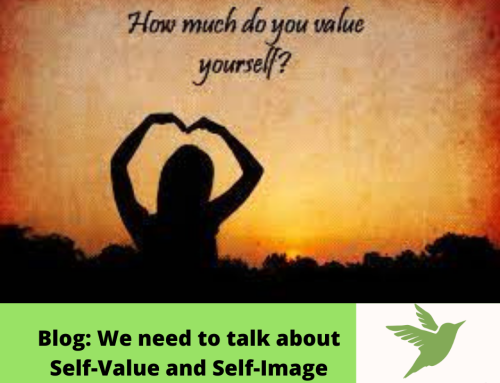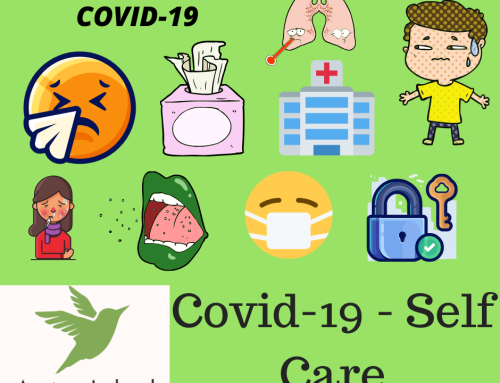Feeling constantly put down, unable to communicate feelings for how someone will react, always feeling responsible for someone’s happiness, always feeling like the one at fault, guilty for having normal needs and desires.
Feeling any of these is a relationship it may be that the boundaries of the relationship are not healthy.
Healthy boundaries are crucial for relationships! How we know ours are healthy and working for us is that we feel free to be ourselves.
Before becoming a therapist I knew that romantic relationships were important and that some people had better relationships than others.
Only at this stage in life and in my career can I see their true potential for fulfillment and also for destruction.
While not indispensible above all else, relationships can be important aids for mutual growth, security, raising families, pushing each other on, etc.
Being lucky enough to grow up in a family where the parents and extended family treated each other and myself with respect I guess I was rather sheltered.
However, working first with people in homeless hostels and then second through being fortunate enough to train and work as a psychotherapist I learned more and more about how all kinds of relationships can go wrong.
My own life and people along the way have taught me too, but my main teachers now are my clients.
I think most people are unprepared for encounters with toxic relationship elements as we don’t expect it.
Especially if like me we have been fortunate enough to not encounter them.
This ironically leaves is unprepared for if this elements do enter our lives and may leave our boundaries exposed.
Relationships:
Relationships can be established for many reasons.
Especially romantic relationships are normally entered into full of hope and optimism.
However, some peoples normal is not always our normal and what we expect is often not in line with that which others are willing to give.
I am not into scaremongering but entering something old or new, or even whenn reappraising our current relationships it is very improtant to know where our boundaries are.
Healthy boundaries are beautifully described below.
However most relationships do not have all these elements.
Reading the list it is a lot… and no relationship and nobody is perfect.
But we can all strive to work on all of these areas and having a partner who is open to improve too is really improtant.
Microcosm of how we treat ourselves.
One big learning I’ve had is that our relationship boundaries really are a microcosm of how we treat ourselves.
What does that mean? Well it means that generally what we will tolerate in terms of abuse is related to how we would treat ourselves.
While someone treats us just slightly worse than we would ourselves then we tolerate this. Generally when someone goes beyond this line we rebel.
This is self evident but important because abusers can make our view of ourselves worsen overtime which allows them treat us worse.
We all have an inner critic and views about ourselves and these parts of us can collude with the perpetrator when our boundaries are broken.
These parts of us can stop us from asserting our boundaries and standing up for ourselves. They agree that we deserve it.
Healthy boundaries:
The key to healthy boundaries I believe is a healthy relationship with ourselves.
Recognising our responsibility for our own happiness and seeing the other person as responsible too.
Yes in a relationship we can open each other to greater bliss, fulfillment, connection and joy but this is the cherry on top!
The rest of the cake must be freestanding and not co-dependant.
In a healthily boundaried relationship communication is permitted and key where emotions are discussed but not blamed on one another.
We all are the originator, author and owner of our own emotions which cannot be denied by another but also which cannot be blamed on another.
We all have the right as well to communicate our needs, preferences and wants. We just dont have the right to demand and to get angry when our uncomunicated needs go unmet.
Responsibilities can be shared fairly and we have the right to communicate this and to express disappointment if they are not as a fact of reality.
Guilt tripping or emotional blackmail however is often not helpful.
We all have the right to say no and we always have the right to walk away.
We have less rights to demand others change to suit us but we have the right to be deeply ourselves.
Our partners may push us to grow as they feel we are capable of it, doing it for love of us…. but not asking us to change to suit them which is selfish.
Getting help.
This stuff is never talked about in schools, our role models may not have been great at showing us the way or they may have given such an example that we are not ready for the challenges.
It’s no wonder relationships are such a minefield as partners enter trying to know each other with often little understanding of themselves.
Therapy is a great way to develop self knowledge and appreciation and to learn to set boundaries and say no.
Individual therapy permits each client to explore their own limitations, potencialities, beliefs, needs and growth edges at a pace designed for them.
Therapy can also give us the skills to overcome feeling like we have no boundaries and to overcome anxiety and depression.
No case is hopeless and no load cannot be lightened by sharing it and getting fresh perspective.
To hear more about how I work with clients from my practice in Dublin please feel free to contact me through messaging the facebook page.
Or by calling/texting 087 063 0949. I can also be reached on email at info@abatecounselling.com.
Anyone can make a change and I am always delighted to chat to people about how therapy with myself or with one of our other therapists may help.
Thanks for reading and please read, like and comment if this was useful.
Cheers,
Michael
Anxiety is like a merry-go-round, going nowhere, it’s ok to step off.




